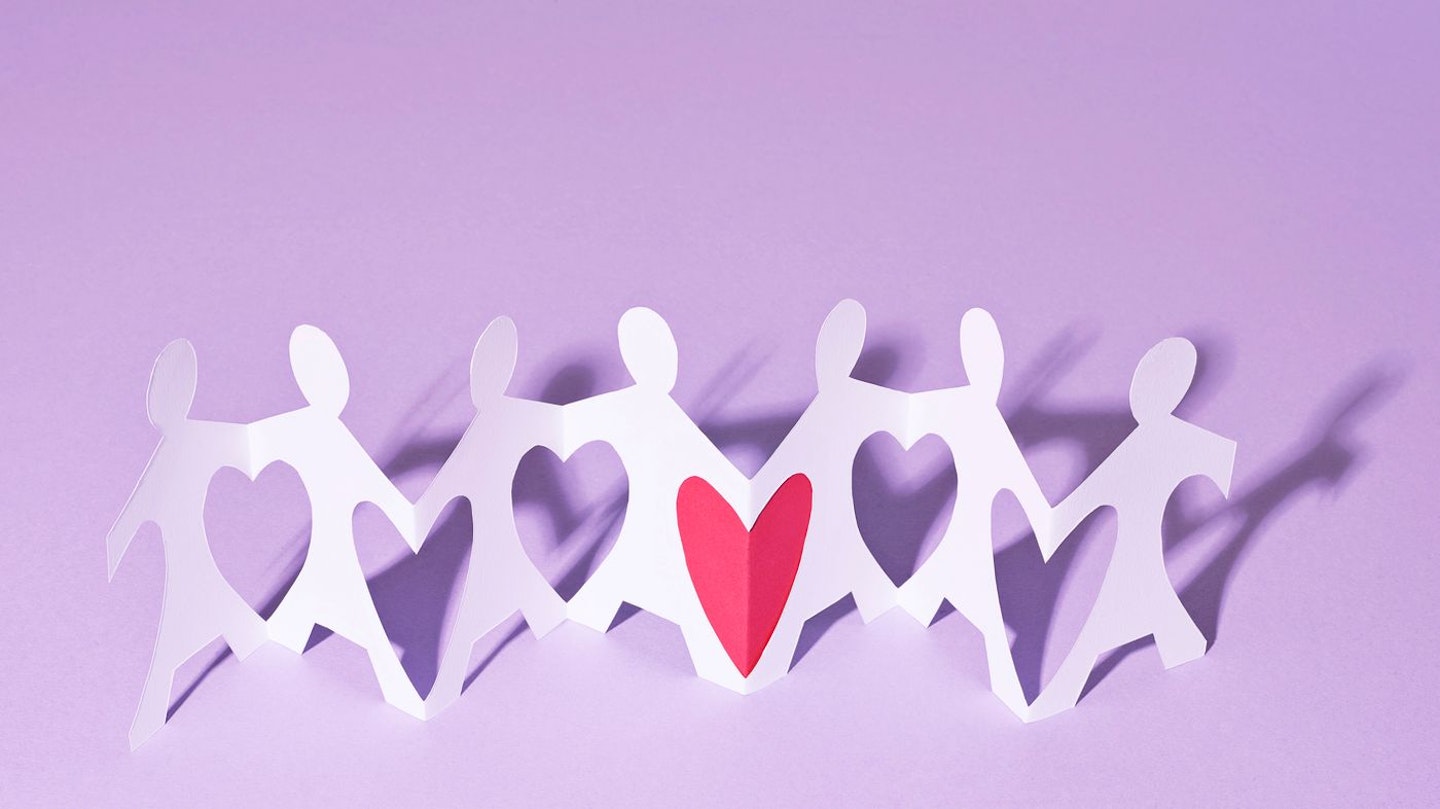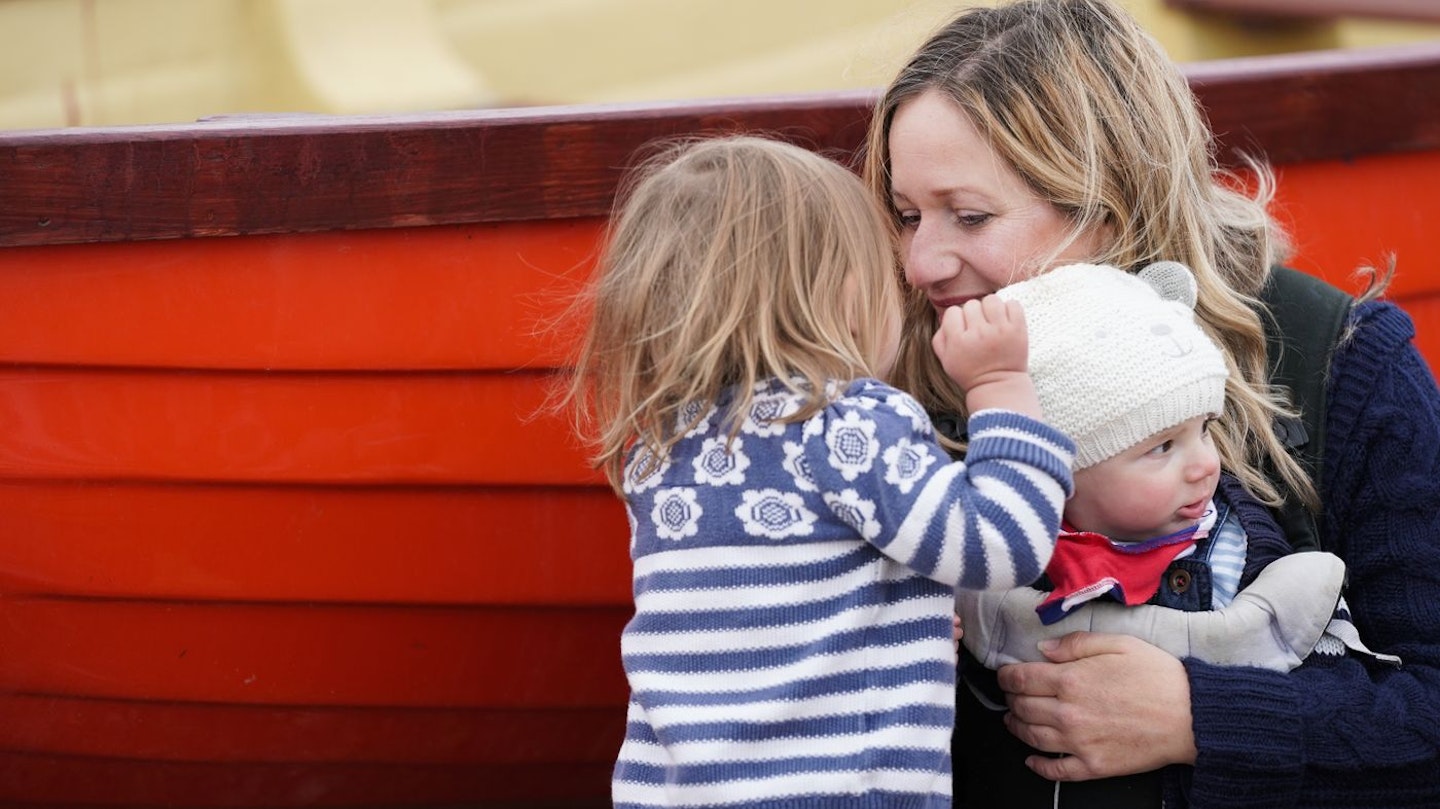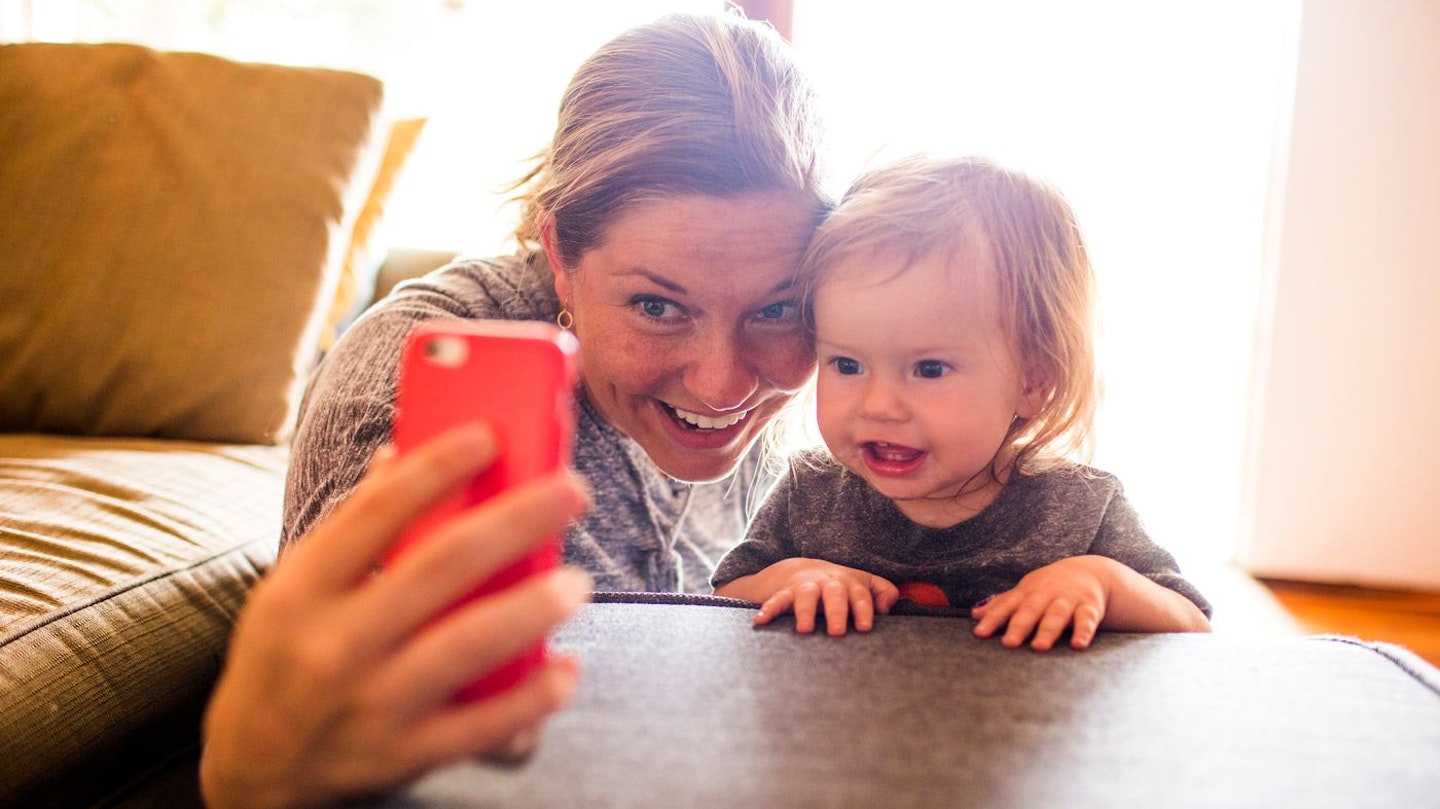‘When people say, “I can’t imagine how you feel,” I want to say, “Oh, it’s easy, just imagine your mum or dad in a coffin at the front of the room.” I’m sure they could, if they just thought about it... ’
Since my mum died in 2017, I’ve been having conversations like this with anyone who will listen. It’s usually with people whose parents have also died; members of the same ‘club’. We talk about how much it sucks but mainly we compare notes on the clichéd crap people come out with. Who can blame them when, as a society, we’ve never been good at talking about grief. But for all our sakes, isn’t it time we did better?
Grief can be a minefield, but there are practical things you can do (or not do) when your friend is suffering, whatever scenario they find themselves in...
WHEN YOUR FRIEND HAS LOST A PARENT
KNOW: It doesn’t matter whether you’re 15 or 45 – losing a parent is like having the rug pulled out from under you. And society telling us it’s inevitable doesn’t make it any less painful. ‘We may feel that the person who loved us most in the world has died, leaving us utterly devastated,’ explains psychotherapist Julia Samuel in her best-selling book, Grief Works.
DO: Offer to go to the funeral. Even if you don’t know the parent or have never met them; show up for your friend. There isn’t anything you can do to make them feel better, but this will help.
AVOID: Telling them to ‘stay strong’ or resorting to other clichés. Think before you speak and don’t change the subject. Acknowledge the parent and allow your friend to talk, if they want to. Bear this in mind as time goes on. Don’t assume they won’t want to be reminded.
LISTEN TO: Griefcast, a podcast by Cariad Lloyd. The comedian, who lost her dad at 15, interviews fellow funny people about how they grieve for their loved ones.
WHEN YOUR FRIEND HAS HAD A MISCARRIAGE
KNOW: One in four pregnancies ends in miscarriage and yet it remains one of the biggest taboos. Is it any wonder we can’t find the right words to say to someone we love if they are going through it? Don’t assume you know how your friend is feeling. Fertility is so personal and it can make those going through it feel isolated, cheated and uncertain about the future. It’s also not often recognised in the same way as other loss, making the grieving process challenging.
DO: Give them space. Send flowers or write them a card (including ‘no need to reply’). Be patient, sensitive and mindful. If you’re texting to see how they are, don’t follow up with ‘news’ about your own life. Particularly if you have a baby yourself.
AVOID: Giving unsolicited advice (‘I know someone who...’) or trying to soften the blow (‘At least you know you can get pregnant’). It’s not helpful. It’s better to say something genuine like, ‘I’m so sorry this has happened to you, it’s really awful.’
**LISTEN TO:**Big Fat Negative by#TTC friends Emma and Gabby. It’s not about miscarriage per se but they talk to some seriously inspiring women navigating very difficult journeys to motherhood.
WHEN YOUR FRIEND’S PARTNER HAS DIED
**KNOW:**If your friend has lost their partner, they haven’t just lost the person they love most in the world, they’re grieving for the end of their life together and mourning the loss of their imagined future. ‘And so began the rest of my life,’ writes Facebook chief Sheryl Sandberg about the death of her husband in her book, Option B. ‘It was – and still is – a life I never would have chosen, a life I was completely unprepared for.’
DO: Offer practical support. Particularly if there are kids involved. Take food around and help out with chores; be as physically hands-on as you can be. And be in it for the long haul. Visitors will dry up after the first three months, which is when your TLC will really come in useful.
AVOID: General offers of help, like, ‘If there’s anything I can do...’ It’s asking too much of them to even have to think of what you could do. Instead say, ‘Why don’t I come over tonight and cook you dinner?’ Do this often. Make a note of anniversaries and birthdays and mark them.
**LISTEN TO:**Terrible, Thanks For Asking by Nora McInerny, who started the podcast to encourage people to talk after losing her husband and father and having a miscarriage in a very short space of time.
WHEN YOUR FRIEND’S EX HAS DIED
**KNOW:**We grieve because we love. Which means when an ex-partner dies, we still grieve. Only it’s complicated. Because it can feel inappropriate. What if you weren’t in their life any more? What if they had married and had kids? There is no rulebook for grief, and there is definitely no guide to how you should feel when you lose the person who, well, used to be your person.
DO: Acknowledge their ex, allow them to talk and encourage them to reminisce by digging out old photos/memories. Your friend may be feeling bereft and at a loss as to what to do. They could potentially be left out of the funeral arrangements, or not feel they should attend at all.
AVOID: Saying something trite like, ‘Everything happens for a reason,’ or offering solutions, which will come across as dismissive of their feelings. Just let them be.
LISTEN TO: Grief Works by Julia Samuel. The podcast based on her book tells powerful stories of love and loss.
WHEN YOUR FRIEND HAS A SERIOUS ILLNESS
KNOW: If your friend is sick, it’s easy to feel upset yourself, but rule number one: this isn’t about you. Don’t burden them with constant questions, pity them or comment on their appearance. As the late Deborah Orr wrote in The Guardian (about her cancer treatment): ‘Nobody wants to be patronised with lies. If your sick pal wants to discuss her appearance, she’ll ask you what you reckon. It’ll be a leading question, so take your cue from her.’
DOMuck in. Round up your mates like a tag team and divvy up practical things to help, like going with them to appointments, picking up medication, making sure there’s food in the fridge. Little things go a long way.
AVOID: Making false promises. Don’t offer to come around ‘whenever’ they want. Be specific. And text them en route to see what pick-me-up they’re in the mood for that day.
LISTEN TO: The Art of Dying Well, which aims to give a voice to those facing death, those who have had a brush with death and those who care for the dying.
Life: Coronavirus 2020
 1 of 14
1 of 14Coronavirus: I’m Young And Healthy – Is It Ok To Go Out And See Friends?
 2 of 14
2 of 14I've Been With My Boyfriend For Four Months – Should I Go Into Quarantine With Him?
 3 of 14
3 of 14Working From Home And MissIng Your Colleagues And Your Routine?
 4 of 14
4 of 14From EastEnders To The Friends Reunion: Here's How Coronavirus Is Affecting Our TV Schedules
 5 of 14
5 of 14Coronavirus: How To Survive Being Cooped Up As A Couple
 6 of 14
6 of 14Coronavirus And Parenting: The Importance Of Structure, Honesty And More TV Than Usual
 7 of 14
7 of 14How Coronavirus Is Changing My Relationship With My Mum, And My Daughter
 8 of 14
8 of 14Coronavirus: How To Help The Most Vulnerable Women In Society
 9 of 14
9 of 14Coronavirus: The Reality of Cancelling A Dream Italian Wedding
 10 of 14
10 of 14‘I Just Have To Hope The Baby's Doing OK’: How It Feels To Be Pregnant Or Trying To Conceive During Coronavirus
 11 of 14
11 of 14Coronavirus: As A Solo Parent During A Pandemic, My Back-Up Plans Have Been Shaken
 12 of 14
12 of 14Coronavirus: How Can We Celebrate Mother’s Day While Being Socially Responsible?
 13 of 14
13 of 14Coronavirus In Italy: What It's Like Living In Lockdown
 14 of 14
14 of 14